Labor Studies Alum Stands Up for Workers Around the World
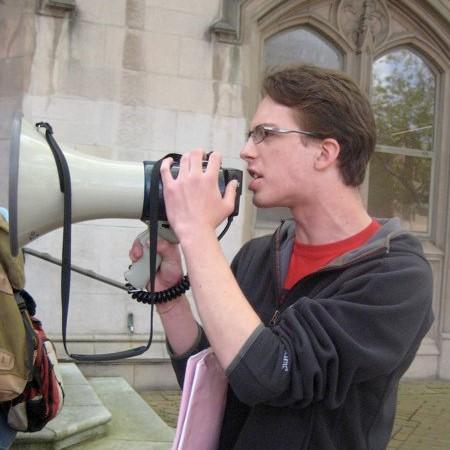
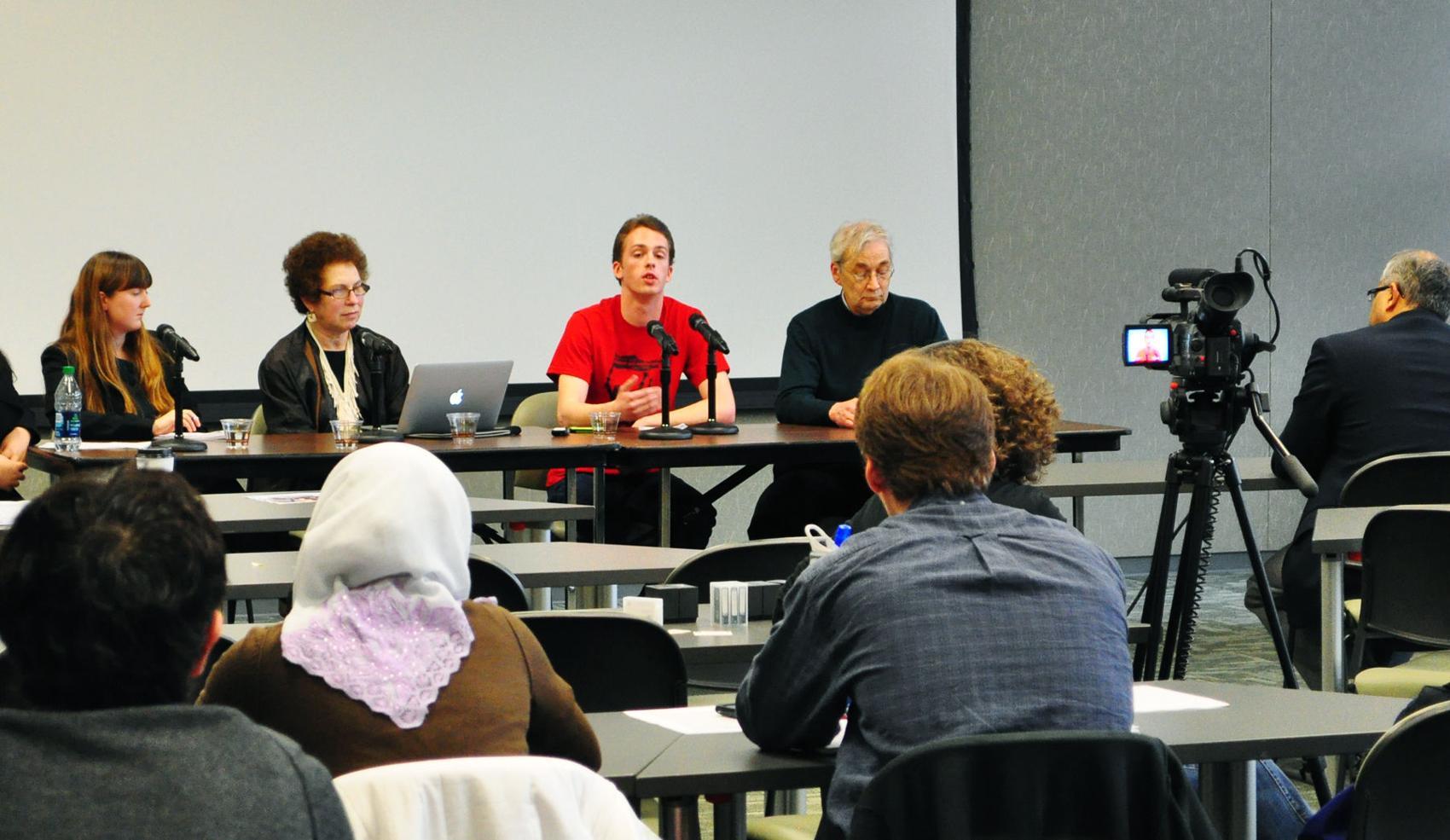
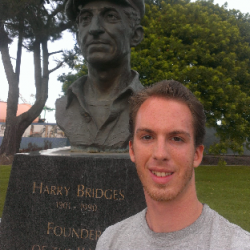
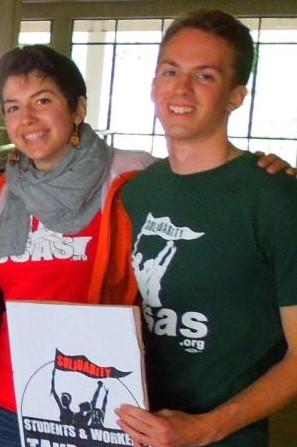
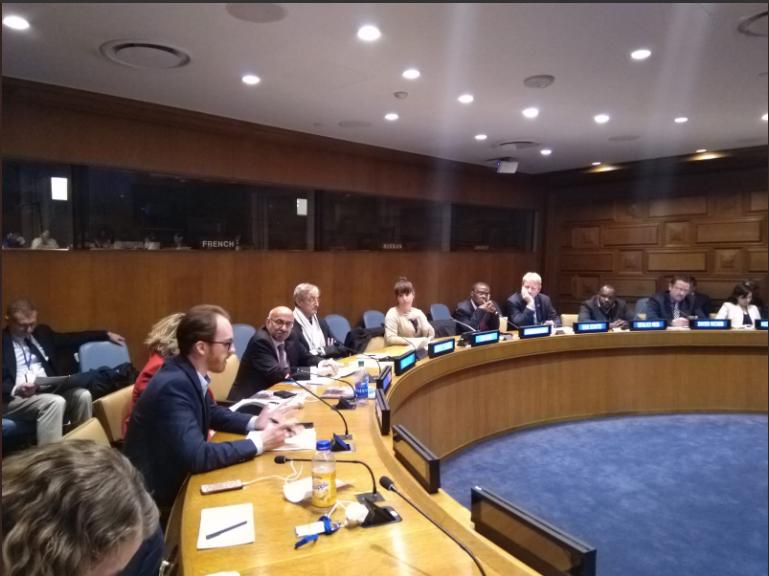
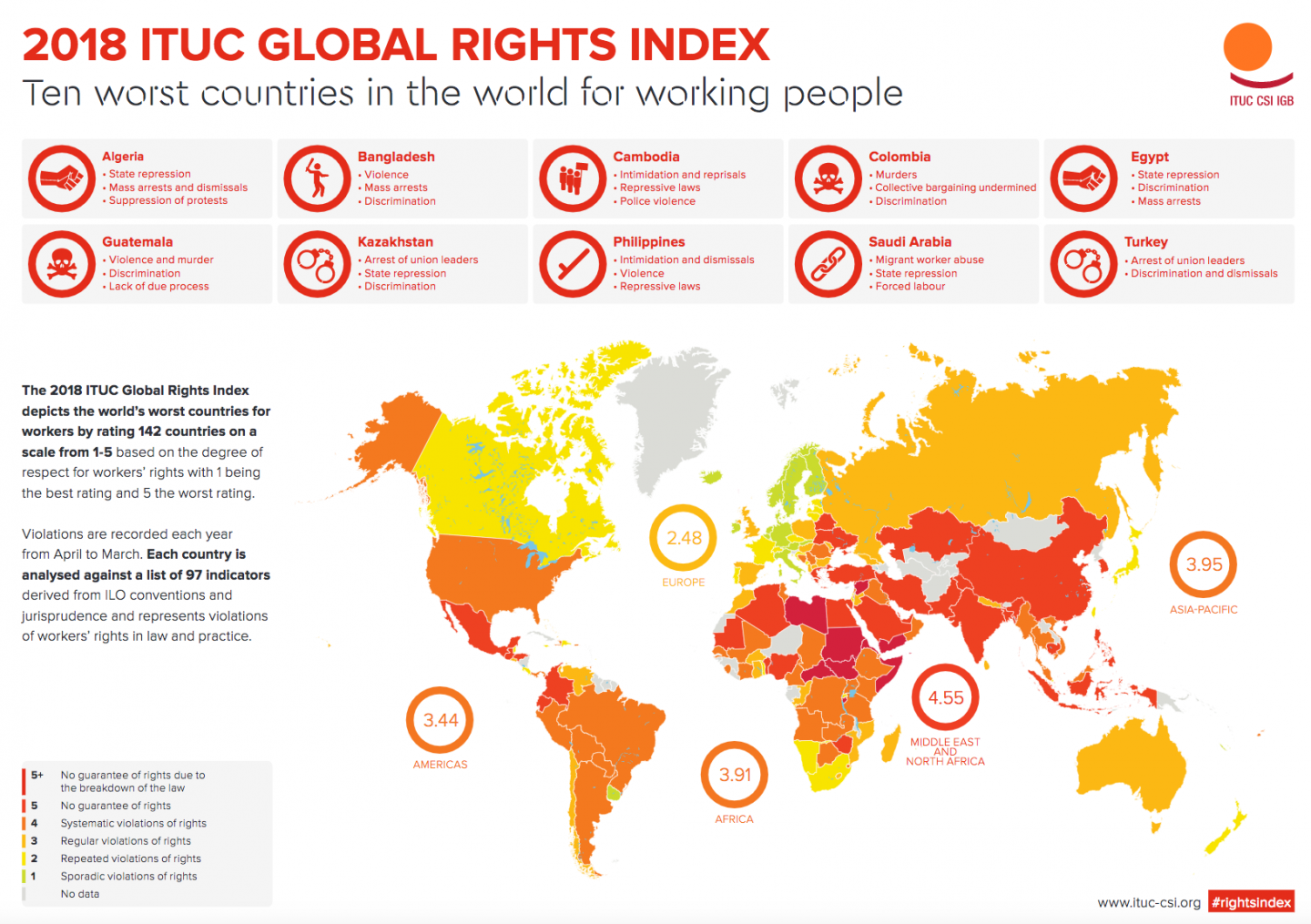
Many students who come through the University of Washington's Harry Bridges Center for Labor Studies go on to work in the labor movement, implementing real change for working people.
Leo Baunach is one such example.
Baunach, who grew up in the Pacific Northwest, is currently the Director of the International Trade Union Confederation and Global Unions Office in Washington, D.C.
This organization “is the focal point of the global workers movement and for labor unions around the world,” Baunach explains.
“We represent workers and their interests to the World Bank and the International Monetary Fund. For decades these institutions have advanced policies that are deeply harmful to workers – imposing austerity. We fight against this and we advocate for a global economic model that works for working people, not just financial elites.”
Baunach's interest in the labor movement started from a young age when he saw the effects of de-industrialization on his family, and the benefits and protections that his mother, a nurse, received only because she was unionized.
Because of this, he came to the University of Washington determined to hold the university accountable to the values of social and economic justice.
Baunach came to study at the Jackson School for International studies and soon realized that his passions lay in the field of labor.
A large part of this realization came through interactions and work with the Harry Bridges Center for Labor Studies. “The Center was really powerful for me as a student," Baunach recalls. "It was a place where academics and workers came together.”
During his undergraduate career Baunach worked as the Bridges Center's Student Assistant, took many labor related classes, wrote an award winning paper on The International Fishermen and Allied Workers of America as part of the Bridges Center's Waterfront Workers History Project, and was the recipient of the Martin and Anne Jungum Scholarship in 2012.
“The Center was really powerful for me as a student. It was a place where academics and workers came together.”
Baunach saw the impact of labor studies first-hand and the symbiotic relationship between labor research and workers' lives and conditions.
While at the UW Baunach was also a prominent activist. As a member of United Students Against Sweatshops (USAS), he participated in successful campaigns against the UW’s contracts with Sodexo – a catering company with a systematic record of anti-worker action - as well as Nike and Adidas.
“USAS was foundational to where I am today," Baunach reflects. "They have really pioneered using the material and institutional power that universities have to force fundamental change in global supply chains, and are leaders in the fight for global economic justice that I am now engaged with in my work.”
In his current role with the International Trade Union Confederation and Global Unions Office, Baunach blends his expertise in international studies and labor to stand up for workers worldwide. What does he see for the future of the labor movement? Speaking about his work and the current state of the global labor movement he states, “I think one of the most exciting things happening now is the intensification of work to organize workers in the informal economy, which is especially important for people in developing countries where many don’t have formal working relationships with their employers.”
With the help of the Harry Bridges Center for Labor Studies, future University of Washington students will be joining Leo Baunach on the front lines of the labor movement around the world.